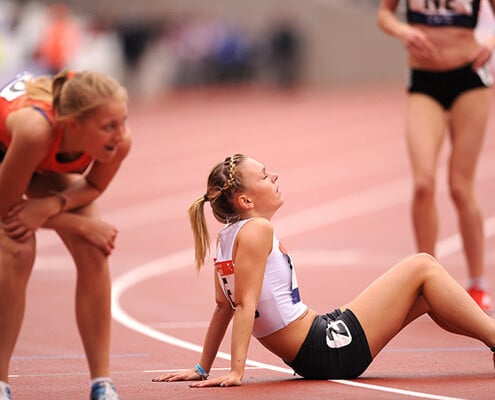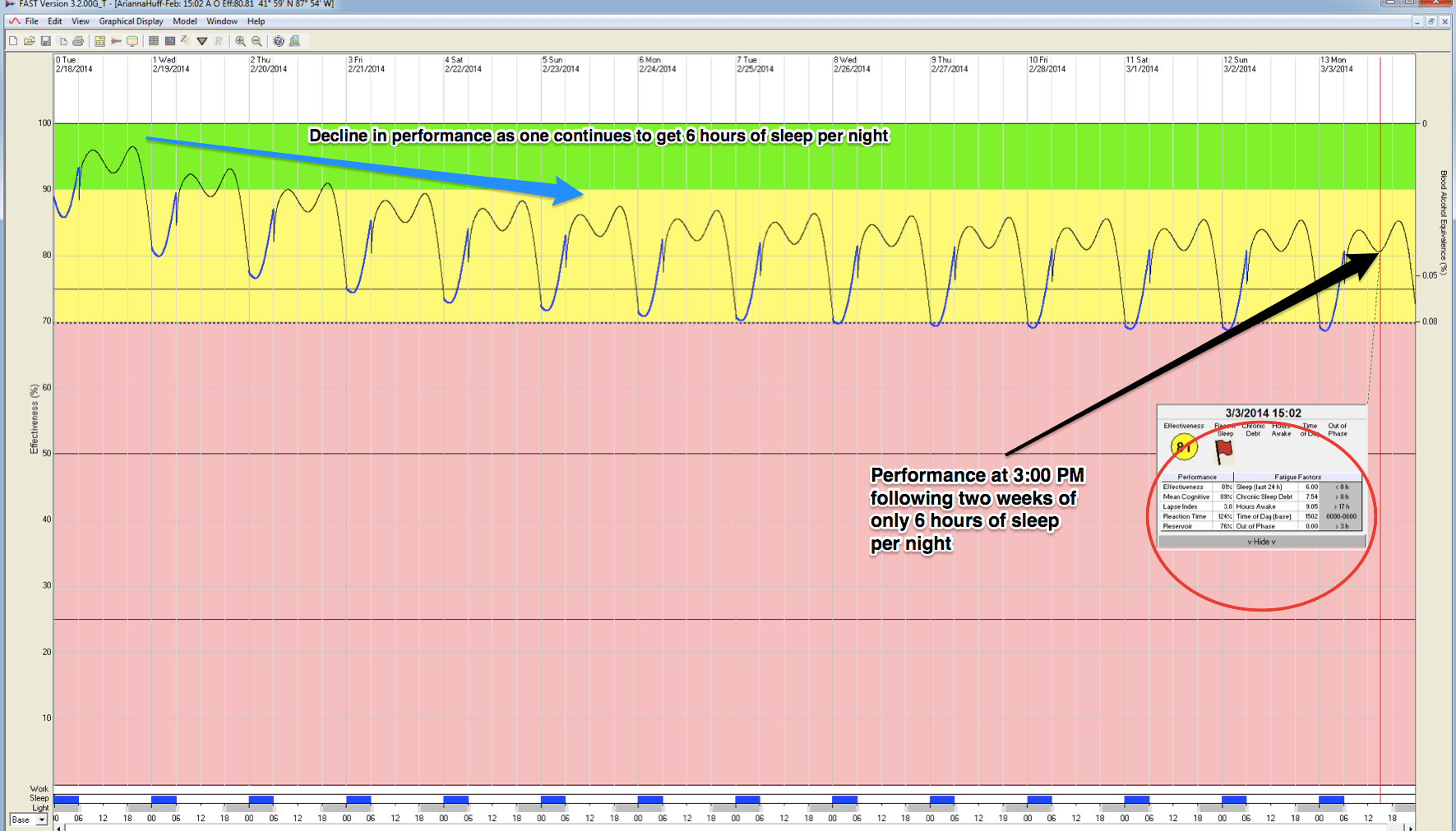Guest post: Dr. Jonathan Bloomfield, Sleep & Performance Consultant
Sleep has a very measurable impact on physical and cognitive performance – both of which need to be consistently in top form to sustain competitiveness at an elite athletic level. Studies show that an optimally rested athlete can run faster and make smarter split second decisions.
Understanding sleep to improve athletic performance is not as simple as just telling players to sleep 8 hours a night. Fatigue Science Performance Consultant, Dr. Jonathan Bloomfield, lists 10 reasons why sleep is important for athletes and why he has been using Fatigue Science technology for over four years with English Premier League and International Rugby teams to help optimize player performance:
- Athlete’s essentials: All players need to train, fuel, and recover – the three essential pillars of performance. Most clubs know how to address measurements and best practices around training and nutrition, Fatigue Science can help manage the third aspect.
- Get a bigger picture: Being a professional athlete is a 24/7 job. Coaches and backroom staff are in contact with players for usually 10-15 hours per week. If you can understand how the team is sleeping, you start to get a bigger picture of how this aspect of training might affect their on-the-field performance.
- Sleep = Recovery: Sleep is crucial to athletic recovery – including physiological, biochemical, and cognitive restoration. If not properly managed, player mood, effort, and technical performance will all suffer and they will be more susceptible to injuries and reduced performance.
- Players are human: 20-25% of UK and US populations suffer from some form of sleep disorder, many of which are undiagnosed. That’s potentially ¼ of your squad. If you can profile for sleep disorders in your team, your medical staff can intervene to address them.
- Stay in shape: Poor sleep consistency impacts body-weight. Well rested players are able to maintain optimal body weight, whereas those who have poor patterns will have an imbalance in their appetite hormones and metabolism – this can result in craving all the wrong foods at all the wrong times.
- Late Games = No Sleep?: Many players report having serious difficulties sleeping after evening games. Do you know which players are suffering worst from this and what impact it has on the next fixture? What’s the best possible training and travelling schedule to stick to, recognizing that sleep plays a central role to your team’s success?
- Up with the larks: As a coach, you might like to get up early and get things done before breakfast, but young players simply don’t have the same body-clocks and have a much greater sleep requirement. Dragging them out of bed for a pre-dawn practice might be terribly counter-productive. Fatigue Science technology can help schedule practice and travel to ensure your players are getting sufficient rest between practices and games.
- Most vulnerable: Your youngest players (esp. 18-22 year olds) often come out of their adolescence with a high volume of sleep debt as a result of growing into young men or women. Get some insight into your younger players’ sleep habits and circadian rhythms to help educate them how to re-pay the debt so they can perform their best.
- Even good sleepers have their challenges: Major life changes that require coping with change can affect sleep. New babies, family stress, strained relationships, moving house, living overseas, all add a significant stresses that can affect a player’s ability to get good quantity and quality sleep. It’s important to help understand when there is a sleep issue and how to address it.
- Real data: Studies show that a person’s ability to judge their own sleep is flawed. Athlete’s participating in a study in the US self-reported (on average) 70 minutes more sleep than they were actually obtaining. Using Readiband technology allows teams to start managing fatigue and recovery – starting with real data.
With Fatigue Science technology, you can work with your players to create a full profile and reduce injury risk, increase mood and focus, create better schedules, and provide them with real insights on how their sleep is affecting their on-the-field performance.
readiband-noback




